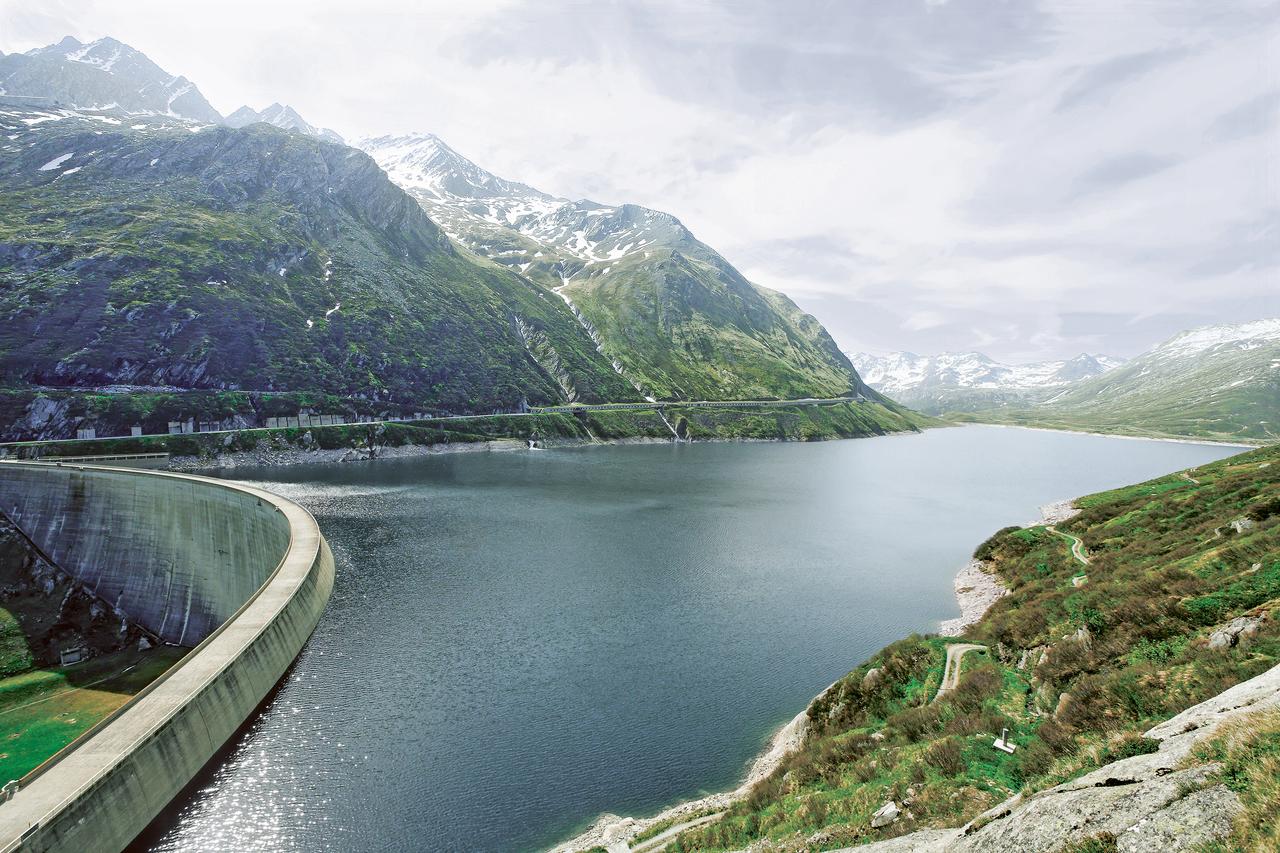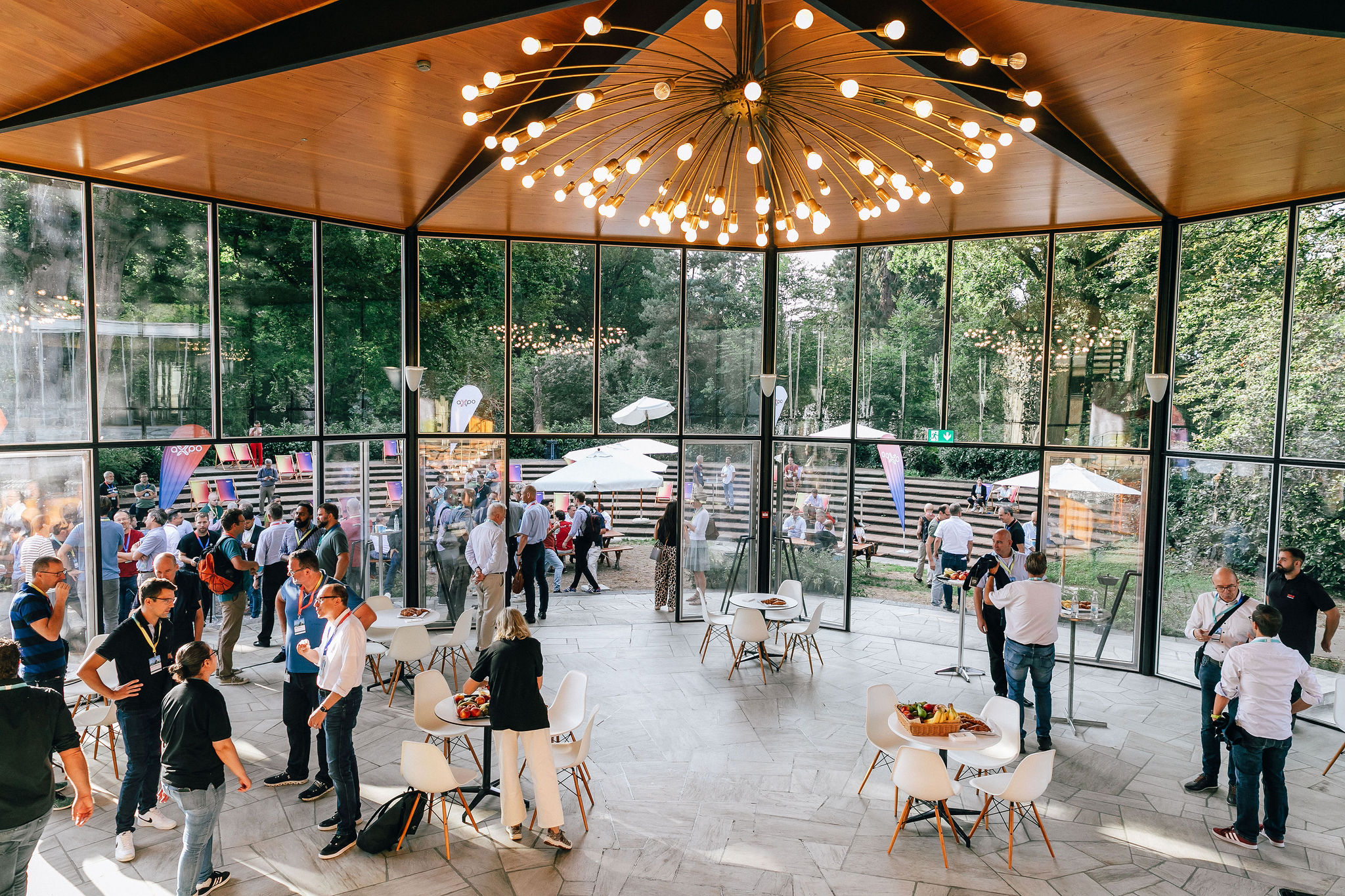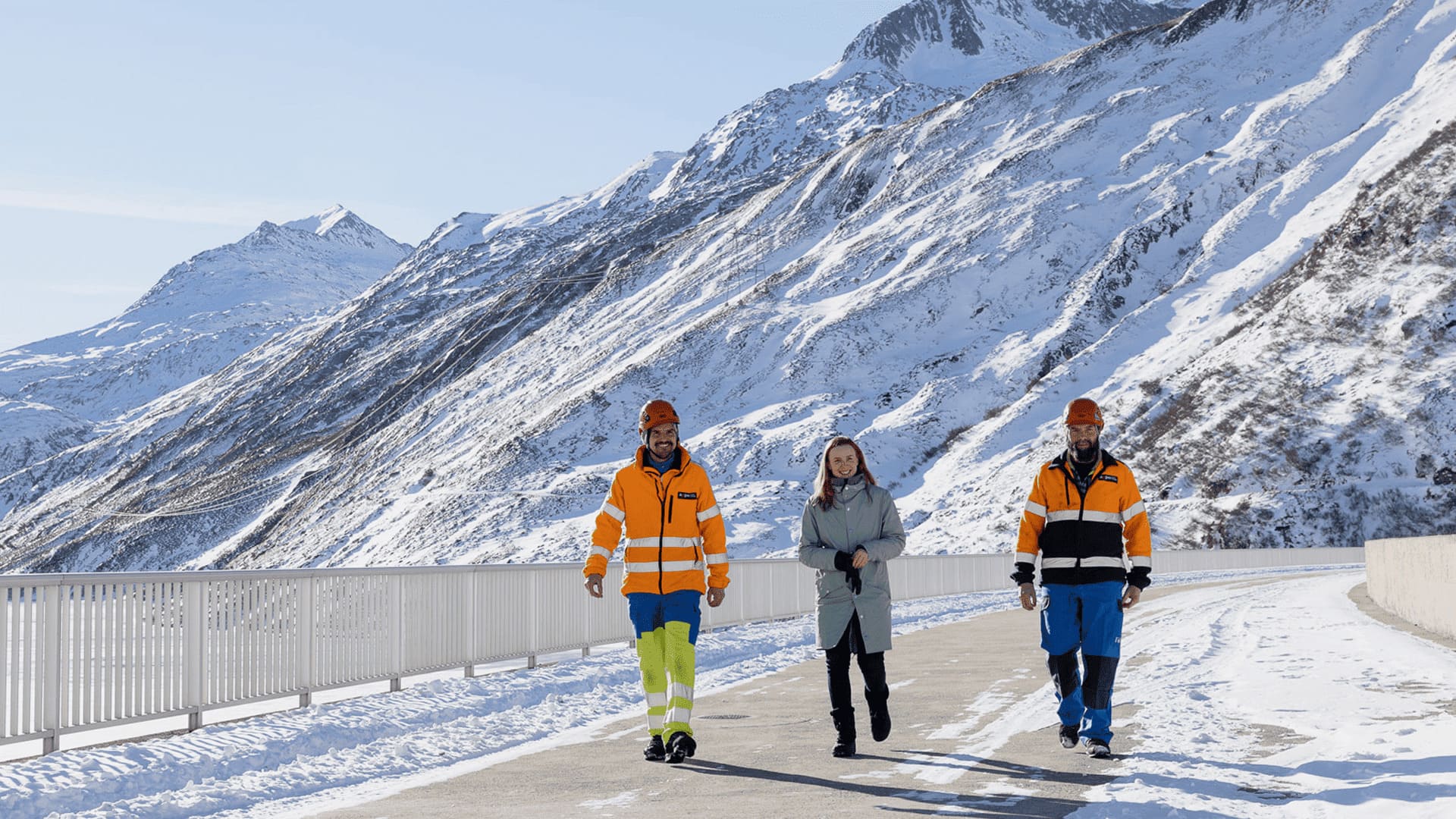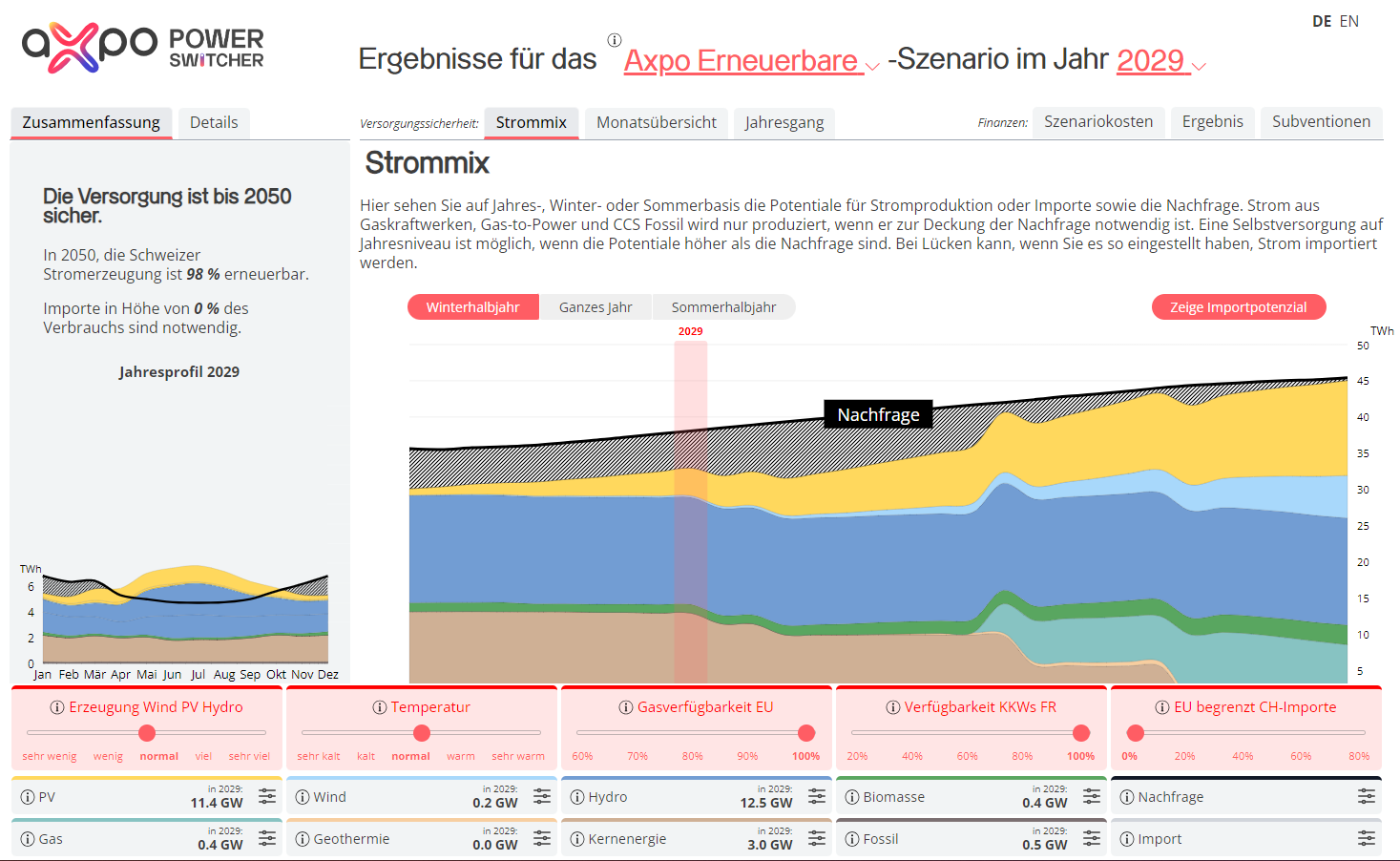16.02.2021 | Guest commentary in the Tagesanzeiger from 13.02.2021
The way to achieve Switzerland’s energy transition
Axpo is the largest producer of renewable energies in Switzerland and continues to invest in their expansion. But: Switzerland offers little growth opportunity. Axpo CEO Christoph Brand’s guest commentary in the Tagesanzeiger.
Over the past years, Axpo has strengthened its position as Switzerland's largest producer of renewable energies. However, this has primarily taken place abroad because the current economic and regulatory framework in Switzerland does not offer opportunities for large-scale expansion.
Power demand will increase sharply when the transport and building sectors reduce their CO2 emissions. At the same time, nuclear power, which represents over a third of power production, will disappear in the medium term. The key importance of power has been clearly documented by the Federal Office of Civil Protection: It identifies a potential power shortage as a huge risk.
So, how can we achieve the energy transition? The solution is a massive expansion of new renewable energies as well as expanding and, above all, maintaining hydropower. However, Switzerland is making virtually no progress: According to the Federal Electricity Commission, at today’s pace, it will take 100 years just to replace nuclear power.
Losses in the millions are unacceptable
The plants needed entail investments amounting to several billion francs and a time horizon spanning decades. These costs stand in contrast to the highly uncertain development of the power price. Power producers have no influence here. The price is made in Europe and strongly shaped by politics. In addition, Switzerland has a long permit process and strong opposition to new plants from some segments of the population. In short, these plants represent a high economic risk.
"Subsidies only flow when the market price is lower than the fixed price. That makes the instrument of a floating market premium much more efficient than investment contributions, which are paid out in any case."Christoph Brand
Can it be expected that we power producers simply carry this risk? That could work in a monopoly with regulated prices and guaranteed returns. But Axpo has not been operating in a monopoly for a sometime. We earn nearly every franc on the market. We cannot expose our owners – the cantons and their residents – to losses in the millions. But we can invest in facilities abroad that offer higher power production, a better CO2 footprint, and profitability.
Many European countries have recognised investor needs and adapted their regulatory framework accordingly. The floating market premium has proven effective and is widely implemented. The government guarantees the most efficient operator a fixed price per produced megawatt-hour for a period of 15 to 20 years. Subsidies only flow when the market price is lower than the fixed price. This makes the instrument much more efficient than investment contributions, which are paid out in any case. Swiss policy-makers must also discuss the introduction of this type of instrument.
Countermeasures for hydropower and winter power
In addition to the expansion of new renewable energies, hydropower plays a key role. According to the Federal Council, hydropower should, in fact, be expanded. Unfortunately, reality looks different. With by far the highest fees in Europe, perpetually tougher ecological standards and a highly uncertain outlook, the portfolio is decreasing and the necessary investments have failed to materialise. The first plants, for example the Oederlin power plant in Aargau, have already been shut down. Politics urgently needs to introduce countermeasures, such as reduced water rates, reasonable environmental regulations or a risk guarantee that focuses on market-compatible incentives for investments.
The winter power shortage must not be forgotten. Solar power plants produce far less power in winter – when demand is at its highest – than in summer. Theoretically, the problem can be solved in terms of technology and under the assumption of continued further progress. However, winter production must also be feasible from a political and economic perspective – and, as things stand today, this is not given by any means. Accepting all these facts is the first step toward a solution.
This text appeared on 13 February 2020 as a guest commentary in the Tagesanzeiger.




.jpg)





